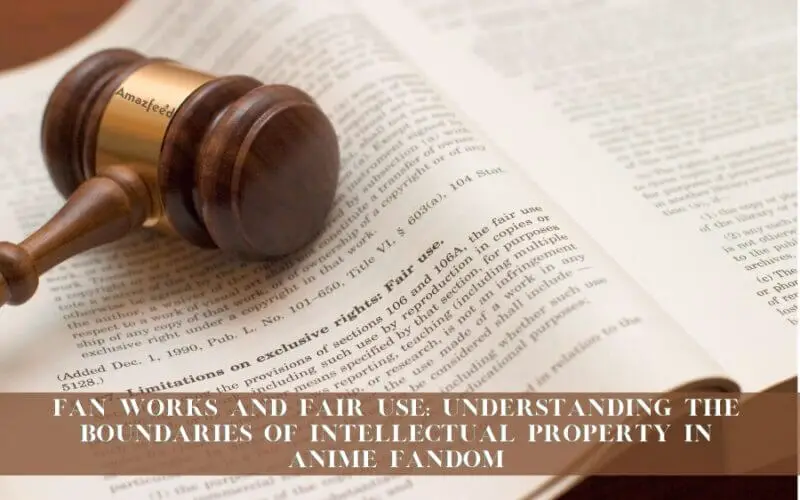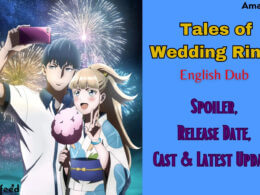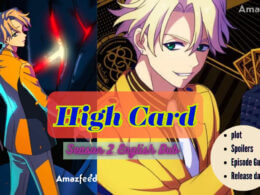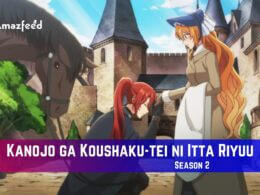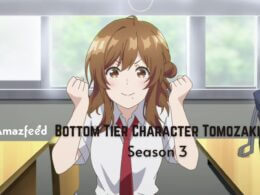Can writing fanfiction for your favorite anime be illegal? Does it infringe on Intellectual Property laws? And what if you want to sell this text? And what if you are selling this fanfiction? Could anything from this be illegal? Let’s figure it out.
Fan Works 101
Fan works are any form of creative expression by fans. This unique content could be anything:
- Fan Art: Drawings, paintings, and digital art.
- Fan Fiction: Story arcs featuring characters from the original content.
- Fan Films: Video content created by fans.
- Cosplay: Dressing up, cosplay photos, and videos.
- Fan Music or Anime Music Videos (AMVs): Custom soundtracks or remixes based on the original music or theme songs, compile clips from an anime series.
- Fan Games: Video or board games based on the original work.
Maybe you’re a fan of Attack on Titan. You might decide to whip up an original poster featuring Eren Yeager but in your own style. This is fan work.
[adinserter block=”13″]

What is Intellectual Property?
If you create literary or artistic works, designs, symbols, names, or images — and register it as a trademark — it becomes your intellectual property.
Take Naruto. Only Masashi Kishimoto and his team have the exclusive right to use, sell, and distribute Naruto-related merchandise, cartoons, or movies. Everything with the face of Naruto or any other characters can be sold only if Masashi Kishimoto and the team approve it.
What if someone starts selling socks with Naruto? Legal consequences follow. There are several scenarios. The person might be told to stop selling things. In serious cases, they might even go to jail.
Also, the person might pay damages and compensate for the profits lost due to the unauthorized merchandise. Who would be compensated? In this case, the copyright holder — Masashi Kishimoto, and the production companies associated with him.
Also Read
How to install Reshade shaders on Roblox?
How to improve your gameplay in online games using services
Fair use vs. Intellectual Property
So, is it wrong to draw your favorite anime character and put it on your bedroom wall? Not at all. But what if you decide to create a bunch of posters with that drawing and sell them? That’s where Fair Use comes into play.
Fair use is a rule that allows you to use someone else’s ‘ownership sticker’ to an extent, but only in specific situations. Imagine borrowing your friend’s anime-themed T-shirt for a costume party, where you’re both okay with a one-time use, but you can’t start wearing it every day or claim it as your own.
Imagine, you’ve written about Naruto’s further adventures after the original series ends. You’re not selling this text, but sharing it for free somewhere on fanfiction. So you’re not claiming to be the original creator and not getting any money out of it. That’s Fair use.
However, it’s important to remember that Fair use isn’t ‘one size fits all.’ It varies based on how much of the original you used, if your work affects the original’s market, and if your work changes the original somehow. Not sure if you are violating something? Consult a legal expert who specializes in intellectual property.
[adinserter block=”13″]

Fan Works: What is Illegal?
Let’s consider what is legal and not legal when it comes to anime fan works and Fair use:
In short, making fans work for fun without affecting the original creator’s rights and earnings is the easiest way to avoid problems.
If you see that your work is unique and independent and you don’t want it to be used without your permission — register it as your property without leaving home with the help of legal documents online.
[adinserter block=”13″]






